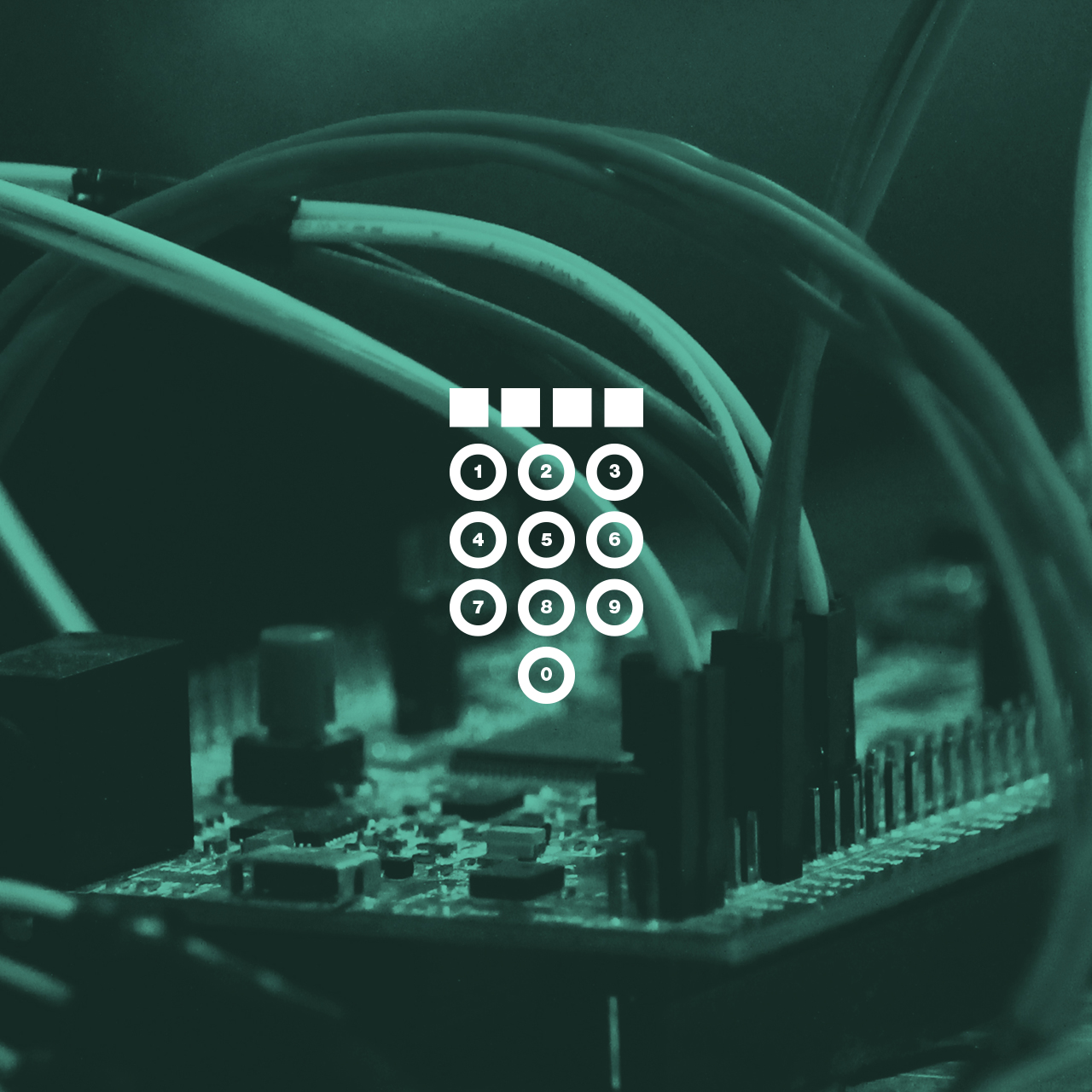
Today, Access kicked off our inaugural Crypto Summit, a multistakeholder conference devoted to emerging questions about cryptography and the future of the internet. Below are edited remarks from Access’ Technology Director Jamie Tomasello and U.S. Policy Manager Amie Stepanovich from the event in Washington, DC.
AMIE STEPANOVICH: Welcome, everyone. Thank you all for joining us at Access’s first Crypto Summit. I am Amie Stepanovich, U.S. Policy Manager for Access, and this is Jamie Tomasello, Access’ Technology Director.
Access is an international organization that defends and extends the digital rights of users at risk around the world. By combining innovative policy, user engagement, and direct technical support, we fight for open and secure communications for all.
I want to open today with a warning: we are all guinea pigs. Today, and for the next few months, we are trying a few new things, and we thank you for coming out and trying them with us.
You see, the debate over cryptography policy has been a long one, both in the U.S. and around the world. As we’re about to hear, this is not the first time that we’ve heard many of the arguments for or against back doors, front doors, or end-to-end or device encryption. But increasingly we’re having two separate arguments, answering different questions in different ways.
JAMIE TOMASELLO: We should start by asking, “why encryption?” One answer is that it is our primary method of protecting ourselves and the data we share online. It underscores many of the services we frequently use, including banking and health, and increasingly the methods we use to communicate. Yet another answer is that cryptography has significant implications for national security.
We need to think about encryption, not only through all layers of the technology stack, but also across the internet ecosystem from users, to devices, to technologies, to services, to organizations, to governments, to infrastructure. The elements of the ecosystem are interdependent. Affecting one element has an effect on the entire system.
Our decisions about encryption don’t just matter for today’s headlines, they will shape the future of the internet as we know it. That’s why we need to listen and to learn — because dashing blindly ahead could stifle the world’s most powerful platform for innovation and human rights, while doing nothing at all could lead (and have already led) to very real vulnerabilities in the tools we rely upon to live our daily lives.
STEPANOVICH: That’s why we’re conducting this experiment. Our sessions today are designed to frame this debate. We won’t be having traditional panels — we hope that you won’t see moderators asking preordained questions or panelists talking past each other, and past you. We have challenged all of our speakers to challenge themselves, and largely to engage with one another in a meaningful format.
TOMASELLO: Just last week, Director James Comey became the most recent government official to call for a debate on these topics. But it’s unclear what we’re debating. Today, we would like to start to bring people back together, and get all of us onto the same page, so that we can move forward cohesively, and perhaps reach some concrete conclusions.
STEPANOVICH: Now this experiment may not bring the consensus we all want — we may end up at each others’ throats. But the hope is that by really listening to each other we can figure out where we are in agreement, and what specific questions we have left to answer.
And this is just the beginning. Over the next six months we will be reaching out to you all, refining the outcomes from today’s proceedings, and framing the issues in a common and clear format. Then we’ll be back together next March at RightsCon in Silicon Valley, Access’ signature human rights and technology conference, to take the lessons we learn here today and to push forward to the next step — to find answers. For today, sit back, and help us move forward.
